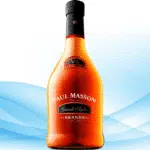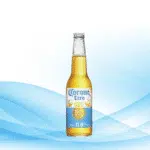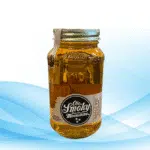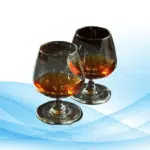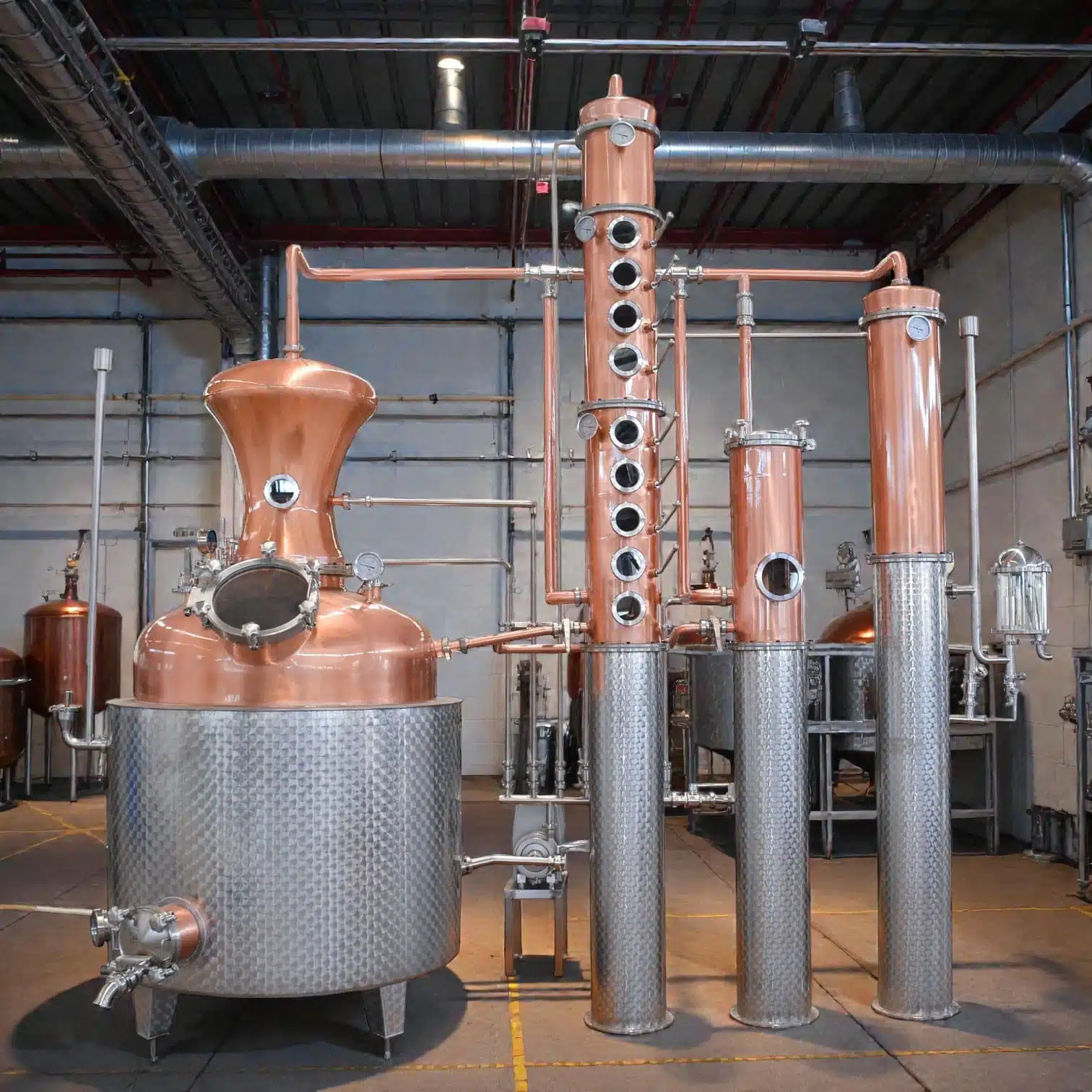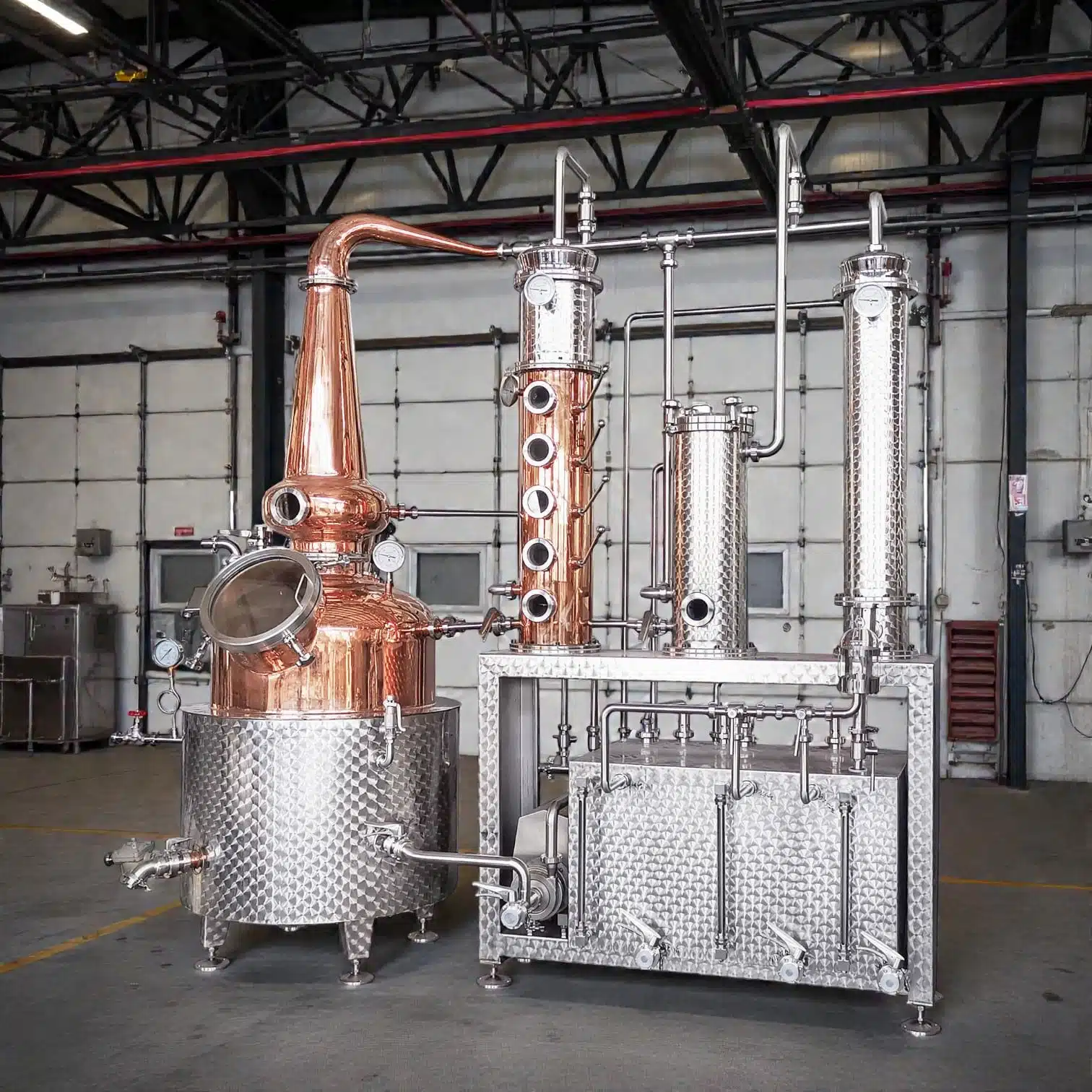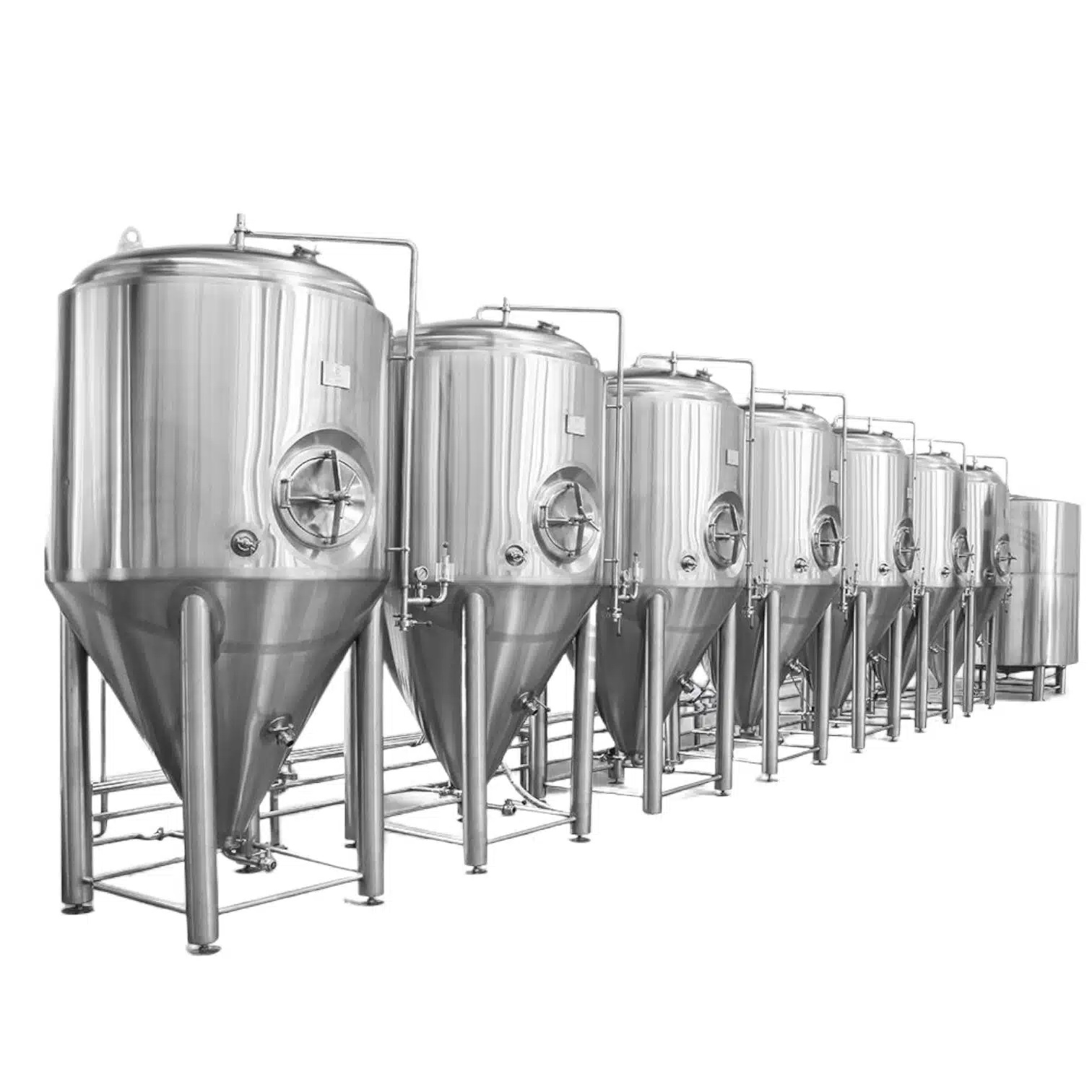Gin is a very versatile and intricate spirit that has gained popularity in bars and cocktail recipes around the globe. Gin having a wide array of flavor combinations and an interesting history is appealing to both spirits and non-gin drinkers. What distinguishes gin is the abundance of styles and techniques employed in its manufacturing. This guide serves to help readers identify the major classifications of gin containing specific tastes, smells and best uses. On the other hand, if you are a seasoned gin drinker or just beginning to experiment with the drink this guide would assist you in understanding the six major types of gin and how to use each type in cocktails.
What is Gin?
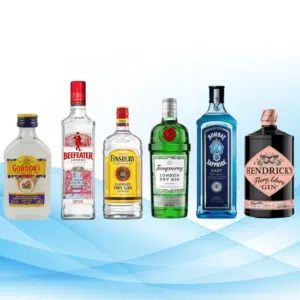
Gin is a spirit that is obtained by distilling spirit that is exclusively derived from juniper berries, which is what gives it a mild sweetness. In the simplest of terms, while all gins must contain some form of juniper as their most prominent ingredient, there are other gins which contain different ingredients which range from coriander, angelica root, and citrus peel. These botanicals give gin its layered flavors and allow for a wide range of styles and flavors.
Contrary to popular belief, gin is not simply ordered across the globe by straws in a water fountain like a substance that grows in popularity. Distilled in Europe in the 17th century, gin was first used as a medicine and only later gained fame and began to be produced at a mass scale. Today, gin is a constituent of the Martini and the Negroni, and ranks among the most popular alcoholic drinks on the market.
Types of Gin and Their Uses

There exists gin for every occasion, including but not limited to pint glasses on the bar shelf and champagne flutes on a fancy dinner gala. This rule applies tautologically even if we consider sub-types of London dry gin, old tub gin, navies, and tom gins. Each of these types has a unique flavor and can be used not only to drown your sorrows but also as an ‘ICE BREAKER’ for a formal setting.
Popular Views on London Dry Gins
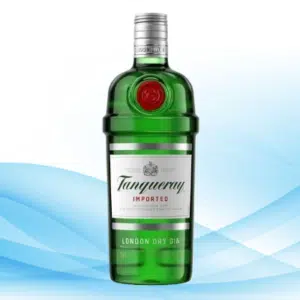
If you consider yourself a gin aficionado then you’ve probably heard the buzz around London dry gins and their domination in the market. Much to our surprise they do not have to be made in London simply following a recipe is enough, kind of like how a Scottish formal wears a kilt to a party dressed as a Viking after downing a few drinks with their friends. London dry gins have an undeniable flavor of juniper so they are often added to cocktails much like how air is ordinary but essential.
Two of the London Dry Gin variants that come to mind are Beefeater and Tanqueray. This gin style goes well with classic gin based cocktails such as Martini or Gin & Tonic as it showcases the gin’s botanical notes beautifully.
Plymouth Gin
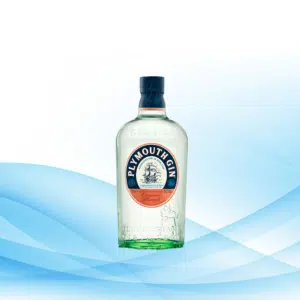
As opposed to the London Dry see, Plymouth Gin is only distilled in Plymouth. The gin has a more refined earthy taste which gives it a less robust and forceful nose and mouthfeel also because of its different array of botanicals used mixing. Smoother or milder is how most would describe its texture which tends to have very little or no juniper, making it excellent for all the people who can’t stand a heavy gin.
Plymouth Gin is generally consumed in cocktails like Gimlet and Negroni, in these drinks the gin’s mild taste doesn’t clash or drown other components present in the cocktail being used. If one’s new to the gin or looking for something milder than London Dry Gin then this is a fantastic gin.
Old Tom Gin
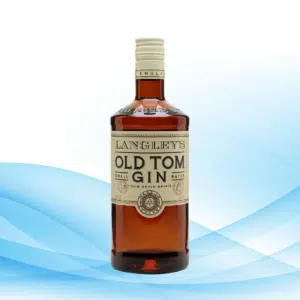
Old Tom Gin is often referred to as the missing link connecting the traditional Genever – older and maltier – to the modern London Dry gin, which explains this gin’s relatively smoother taste. The production of Old Tom gin started in the 18th century, and it gaining popularity once again after its decline in the mid-century. The reason behind the Old Tom gin being quite scooped as it is said to have a hint of sweetness along with, sugar added making it an ideal cocktail enhancement.
Brand like Hayman’s has brought back focus on Old Tom making this a great addition to classic cocktails such as the Tom Collins and Martinez, aiding in bringing the best taste throughout for gin lovers.
Genever

Genever is the term used to describe the first ever type of gin evolved in the Netherlands and sometimes referred to as the father of gin. Rather than the gin of today, Genever has more of a malt base making it more similar to mixing gin and whisky. Due to its rich flavor, it is great for sipping and can also be used in cocktails adding depth to the structure allowing for a better taste.
Genever is historical and is best taken straight, or added into the Holland House cocktail. Some of the more well known genever brands are Bols and Diep9 and specialize in this spirit’s rich full body flavor.
Navy Strength Gin
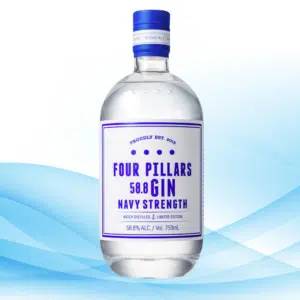
Seemingly gin with an ABV of 57 percent, Navy Strength Gin is a high proof gin, which has been used by the British Royal Navy has its premise. Royal Navy British was known to fortify gin as an essential endorsement on maritime travels, which certainly goes well with sailors. Navy Strength gin is quite bold in flavor and for those who enjoys gin martini with a kick, this could be the go to gin.
Navy strength gin can withstand in cocktails with strong flavor profile such as Last Word, or Gin Buck because of its higher alcohol content. Plymouth navy strength and four pillars navy strength are a few brands falling under this category.
New Western Dry Gin
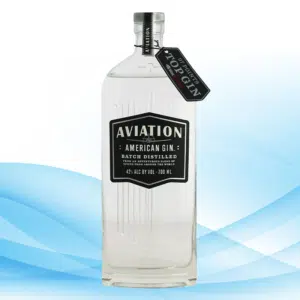
A lesser emphasis on juniper and more focus on different blends of botanicals gives birth to a new form of gin known as the new western dry gin. This form of gin is mostly sought out by craft gin enthusiasts who enjoy adding unique flavors such as cucumber, and lavender and other herbs to broaden their palate enjoyment.
Today, the gin type discussed can be used to create inventive drinks where mixologists take full advantage of the distinctive herbal tones. This has been made possible thanks to Hendrick’s and Aviation Gin brands among others who are among the leaders of this genre.
How To Select a Type of Gin To Use in Your Cocktail
There are various sub types of gin that can be used to craft cocktails but the type of gin you opt for solely depends on the target of the final outcome of your drink. For example:
- London Dry Gin: Pairs well with gin classics such as the Martini and Negroni.
- Plymouth Gin: Good with Gimlets or any drink that needs more gentler gin.
- Old Tom Gin: Another gin that is great with vintage cocktails that require some sweetness.
- Genever: An excellent stand-alone drink alongside other brave cocktail elements.
- Navy Strength Gin: Perfect for drinks that would require high alcohol volume but would not overwhelm the drink.
- Contemporary Gin: Should be used with modern cocktails as it has strong flavors.
How Different Gin Types are Made
Even though all types of gin are made from the same ingredient which has been derived from botanicals, the manufacturing process of every variant differs. One of the examples is that London Dry Gin is made from botanicals but only after being diluted, whereas New Western Dry Gins use several techniques to differentiate the botanicals. If you know more about the variations, you would be able to admire every variant more than you would without the knowledge.
Most Popular Gin Brands and what Gin Type they are associated with
- Beefeater: A London Dry Gin steadily gaining fame.
- Hendrick’s: A Contemporary Gin which has a rose and cucumber in it.
- Bols: One of the oldest gin brands that has been producing Genever.
- Plymouth: Exclusively produces one type of gin i.e. Plymouth Gin.
- Hayman’s: One of the best if not the best Old time gin brands.
Gin Tasting Techniques
The taste of gin consists of a combination of several different kinds of botanicals. First, start with small sips and instead of assuming you know the flavor, let the flavor develop as you sip. Whether it is the gin and vermouth gin ratio in a martini as one of the most known examples or the strong malty flavor of genever, every gin offers something different.
How to make specific gin based cocktails
Take these gin based cocktails for instance: London Dry Gin – Martini – a combination which is bland in taste and classic, or Plymouth Gin: Gimlet – which is a mild drink and rather neutral, and of course Old Tom Gin – Tom Collins mixes ‘vodka, gin, tequila or brandy’ which is refreshing the drinks with sweetness, then there is Holland House made from/bin gin and genever which is a strong mix of liquor that doesn’t skimp out on flavor. Lets not forget navy strength gin – “last word” which brings out and enhances the herbal flavors, and contemporary gin ‘gin basil smash’ that is fresh and aromatic in taste.
Contention Asked Questions Section
- What type of gins are available in the market? According to my research the six dominant types of gin the market and consumers have available to them are London Dry, Plymouth, Old Tom, Genever, Navy Strength, and Contemporary or New Western Dry Gin.
- What is unique in London Dry gin as compared to Plymouth gin? The Plymouth gin is more balanced with a more earthy taste, while the London Dry gin has a more prominent dryness with a juniper taste.
- You must have used different gins for various cocktails. Which gin works best for a cocktail and why? London dry gin works the best for all cocktails, though it differs from Plymouth gin which is best suitable for martinis. Different gins are used for various cocktails based on their taste.
- If you have a new recipe which calls for a certain gin, is it safe to say you can easily replace it with any other type of gin? One must be cautious as there will be a change in taste, but yes a different gin can be used. Different gins work best with different cocktails so exploring and using a different gin is fine.
- What makes genever unique in comparison to gin? Genever is more stronger as it is considered to be gin’s ancestors. Adding on, genever has more of milder taste and has a taste profile similar to whiskey, but when comparing it with gin, gin is more botanically forward.

